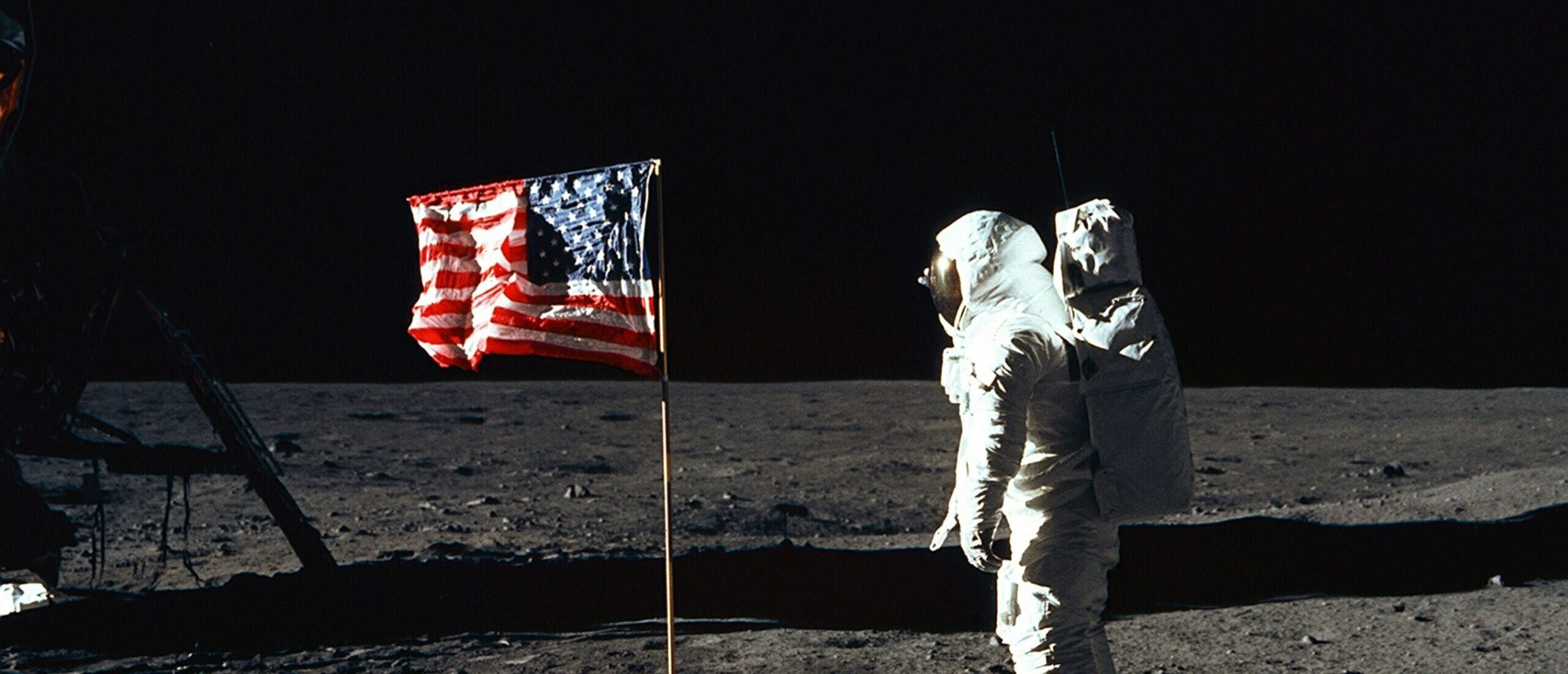

On August 6, 1961, a twenty-six-year-old Soviet cosmonaut named Gherman Titov became the second Soviet to orbit the Earth and return safely. Sometime later he recounted his experience while speaking at the Century 21 Exposition in Seattle. Titov declared that on his excursion into space, he looked for God but didn’t find Him. Given that the Soviet Union’s entire political and economic theory was based on an atheistic framework, his statement served as a justification for their foundational belief.
Years later on Christmas Day, 1968, three American astronauts were the first human beings to go orbit the “dark” side of the moon. Captured by the awe of the universe, the astronauts echoed the only words that seemed fitting—those from the first line of the Bible: “In the beginning, God created the heaven and the earth…”
Isn’t it interesting how these men had similar experiences of awe and splendor and yet came to diametrically opposed conclusions. Of course, the existence of God is probably the most debated question on earth. The great philosopher Mortimer Adler stated that more consequences for our lives flow from that one issue than all other issues.
Armand Nicholi was a clinical professor of psychiatry at Harvard Medical School and author of one of my favorite books, The Question of God. The book is based on a course he taught at Harvard’s undergraduate school. In the course he compares the lives and beliefs of Sigmund Freud, the atheist, with C.S. Lewis, the Christian. It is a fascinating read. In the prologue of the book, Nicholi writes some interesting words contrasting these two men’s views on the existence of God. He says:
“Are these worldviews merely philosophical speculations with no right or wrong answer? No. One of them begins with the basic premise that God does not exist, the other with the premise that He does. They are, therefore, mutually exclusive—if one is right, the other must be wrong. Does it really make any difference to know which one is which? Both Freud and Lewis thought so. They spent a good portion of their lives exploring these issues, repeatedly asking the question ‘Is it true?”
Is what I believe true? I cannot think of anything more tragic than to live my life with a false view of reality. A false view of the existence of God.
Lewis and Freud clearly believed this is the most important issue in all of life. Lewis said, “Here is a door behind which, according to some people, the secret of the universe is waiting for you. Either that is true or it isn’t.” Nicholi then says:
“[If Lewis is wrong] the only alternative is to follow Freud’s advice to grow up and face the harsh reality that we are alone in the universe. He says we may find less consolation, but the truth, harsh as it is, will ultimately set us free from false hopes and unrealistic expectations. But if the spiritual worldview is true, then all other truth fades in significance. Nothing has more profound and more far-reaching implications for our lives.”
Richard E Simmons III is the founder and Executive Director of The Center for Executive Leadership and a best-selling author.
Add grace and understanding to your day with words from Richard E. Simmons III in your inbox. Sign-up for weekly email with the latest blog post, podcast, and quote.

For local orders in the Birmingham, AL area, enter Promo Code LOCAL at checkout to save shipping. We will email you when your order is ready for pickup.
Bulk discounts for 25 or more books! Call 205-789-3471 for prices.